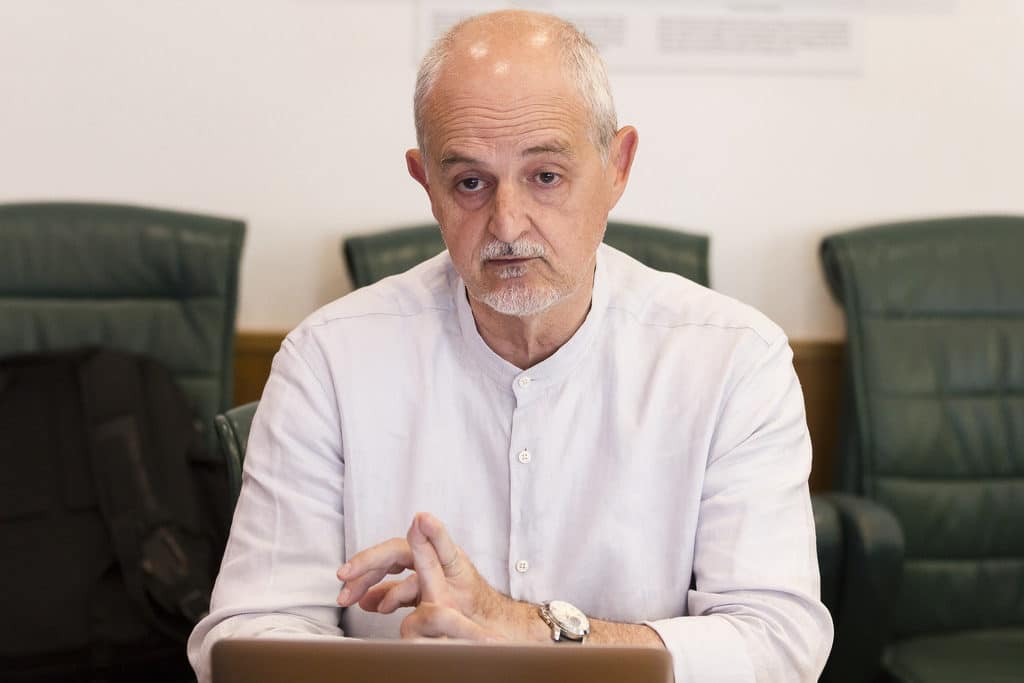Amid preparations for the landmark U.N. Decade on Ecosystem Restoration 2021-2030, the Centre for International Forestry Research (CIFOR) has become the latest partner in the African Forest Landscape Restoration Initiative (AFR100).

The partnership aims to ensure effective alignment of CIFOR’s restoration activities within the AFR100 framework; maximise collaboration and knowledge sharing among partners and contribute to achieving AFR100’s restoration goals.
AFR100 is a country-led effort to bring 100 million hectares of land in Africa into restoration by 2030.
The partnership will also promote the critical role of evidence-based knowledge and decision making in ensuring sustainable landscape restoration, says CIFOR, which has been engaged in forest and landscape restoration activities in Africa for more than 10 years.
“This partnership, bringing together CIFOR with the AFR100 group, will solidify our relationship and ensure our collaboration in tactical and strategic positioning in the context of the U.N. Decade on Ecosystem Restoration,” said Robert Nasi, Director General of CIFOR.
The U.N. Decade on Ecosystem Restoration represents a
massive global “call to action” to mobilise the political and financial support
necessary to restore the world’s deforested and degraded ecosystems to support
the wellbeing of 3.2 billion people around the globe.
Worldwide, more than two billion hectares of land – an area larger than the
South American continent – stand to be restored.
The decade will emphasise scaling-up of restoration work to address the severe degradation of landscapes, including wetlands and aquatic ecosystems.
It will likely boost landscape restoration work to the top of national agendas, building on a public demand for action on issues such as climate change, biodiversity loss, and the resulting impacts on economies and livelihoods.
The AFR100 secretariat praised CIFOR’s contributions to forest and landscape restoration (FLR) work in Africa, and said it looked forward to effective collaboration toward achieving its restoration goals.
“We recognise the high possibility of alignment of our respective activities, including FLR scaling-up opportunities, especially in the forest and landscape restoration programmes,” the secretariat said in a letter to CIFOR, a non-profit, scientific institution.
CIFOR operates in three hubs, including two in Africa – Kenya and Cameroon – as well as one in Peru. The organisation is also involved in several studies and projects in East, Southern and West Africa and over the past five years, CIFOR has implemented 10 projects on reforestation and restoration in 15 countries in Africa.
It has also been involved in 28 projects in 22 African countries related to the underlying factors required for successful restoration, such as governance of forests, tenure, financing mechanisms, capacity development and the Reducing Emissions caused by Deforestation and forest Degradation (REDD+) programme.
CIFOR has been active in research, developing partners’ capacity, and actively engaging in dialogue with all stakeholders to inform policies and practices that affect forests and people.
Specific CIFOR forest and landscape restoration programmes in Africa include:
- In Burkina Faso and Ghana, implementing a project funded by International Fund for Agricultural Development (IFAD): “Strengthening smallholder food security, income, and gender equity within West Africa’s forest-farm interface (WAFFI)”.
- In Cameroon and the Democratic Republic of Congo (DRC), implementing a project that aims to reduce forest degradation by better regulating and formalising artisanal logging.
- In DRC, CIFOR’s FORETS project contributes to integrated landscape development including the Yangambi Biosphere Reserve; specific objectives relate to conservation and enhancement of biodiversity and ecosystem services to contribute to sustainable development of local populations.
- In Ethiopia, studying sites where forest and landscape restoration practices have been attempted in order to identify effective practices and enabling conditions for scaling up.
- In Kenya, implementing a project focused on management of water towers (the Mau and Mt. Elgon ecosystems) with the goal of seeing at least 78,000 hectares of tropical forest managed more equitably and in ways that enhance land productivity.
